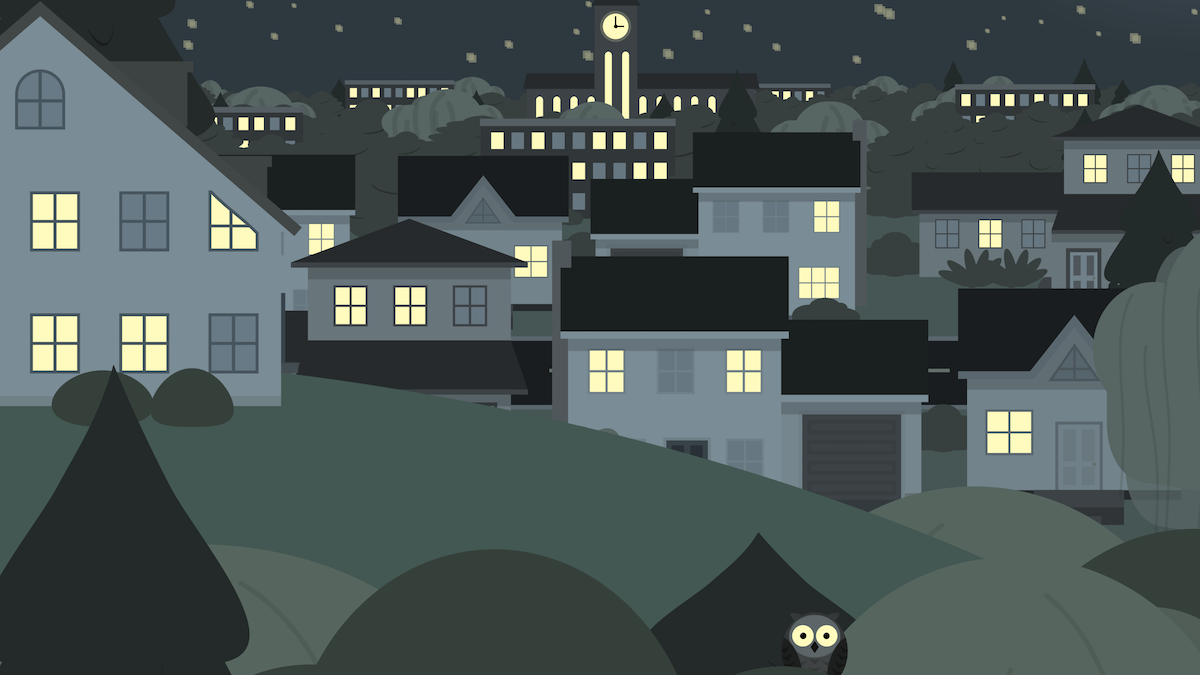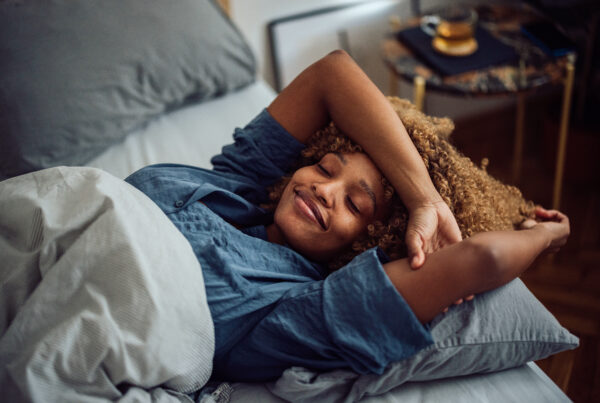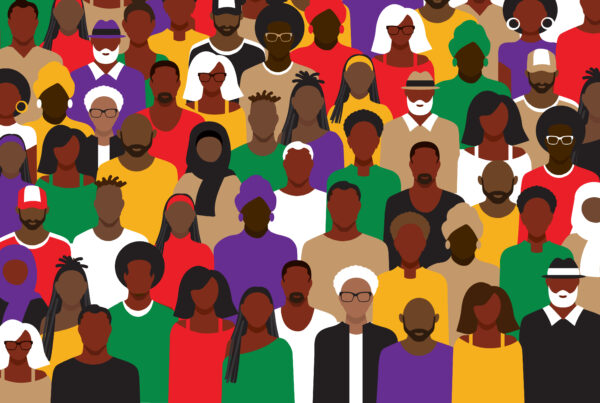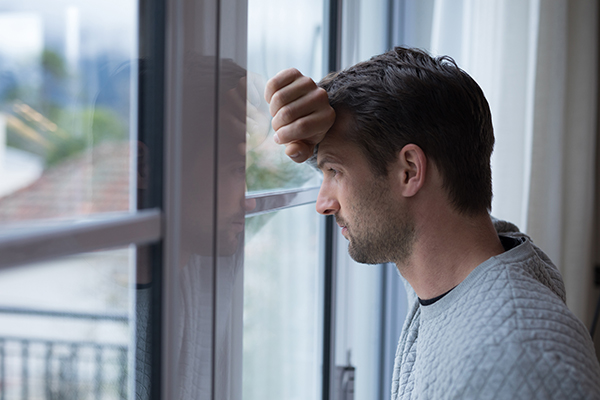When I started creating content for the Learn to Live Insomnia program a few years ago, the research was clear—the single most powerful thing we can do for vitality-draining insomnia is take a serious look at the “what-if” thinking patterns that keep us forcibly awake, and our well-intentioned behavior patterns that undermine efforts to right the bobbing ship of sleep.
Cognitive Behavioral Therapy for Insomnia (CBT-I)
While medication has proven helpful for short-term sleep issues, the strategies of Cognitive Behavioral Therapy for Insomnia (CBT-I), like those built into our program, have an even greater long-term impact on insomnia. Using CBT-I to manage insomnia can improve symptoms of depression and anxiety or prevent it altogether.
Recent research published in JAMA Psychiatry confirms the positive impact of CBT-I on major depressive disorder (MDD). The clinical trial looked at whether CBT-I could prevent the development of MDD in adults over 60 and found that there was a “nearly 60% reduction in likelihood of depression.” In his February 16 Harvard Health article, “Can we prevent depression in older adults by treating insomnia?”, Eric Zhou, PhD, summarizes key findings from this trial and other recent research to show that CBT-I, when proactively used to address insomnia, may also prevent depression.
CBT-I packs a multi-pronged punch. It helps us learn new ways to explore our thought patterns and adopt sleep-promoting behaviors. Using CBT-I strategies to manage insomnia can reverse the ripple effect and make us less vulnerable to depression. For example, when I feel well-rested, I am more likely to actively engage in the world around me. And what is the single most powerful strategy for depression? To actively re-engage in the world around me.
Preventing Depression
In general, people are more likely to seek help for insomnia than depression. Of the 10% of U.S. adults who suffer from depression each year, most will not seek help in large part due to social stigma. The good news is that of the 30% of U.S. adults who experience symptoms of insomnia about 75% will seek help. This is important because insomnia sufferers are 10 times more likely to develop depression than people who get a good night's sleep.
If you or a loved one are experience symptoms of insomnia—trouble falling or staying asleep, drowsiness and irritability, lack of focus and ability to concentrate—try one or more of the following to see if it helps:
- Turn off screens at least one hour before bedtime
- Avoid caffeine at least 6 hours before bedtime
- Do a calming activity like journaling
- Sleep in a dark, quiet room
- Use white noise
- Try Progressive Muscle Relaxation (PMR) by tensing and relaxing your muscles one group at a time




